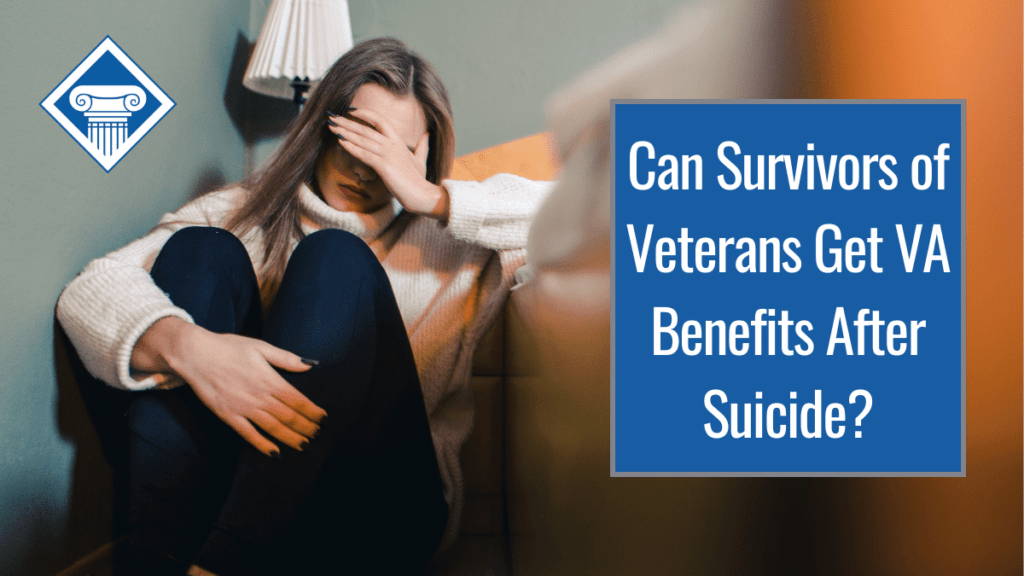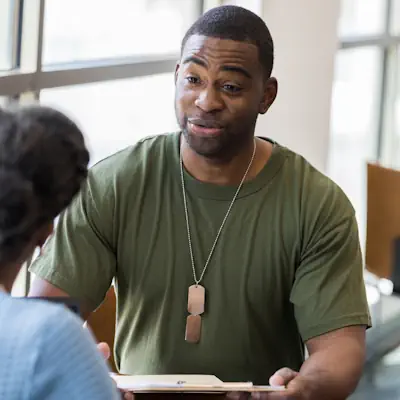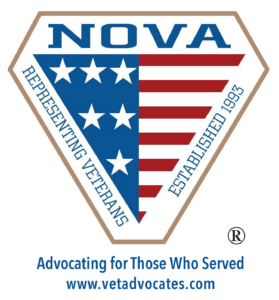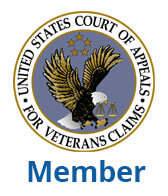Is it possible for survivors of veterans to get VA benefits after a suicide? Yes, it is, but the benefits aren’t guaranteed. This post explains the details of VA benefits after suicide.
Ready to get started?

The unexpected death of your loved one has left you reeling. As you grieve the loss, you must also consider practical matters like how to make ends meet and whether the death is related to something that happened during military service. You may qualify for VA survivor benefits in the event of your loved one’s suicide if they were a veteran experiencing a mental health issue related to military service. Read on to learn more about how you can get the benefits owed to you by the VA.
In this article about VA benefits after suicide:
Suicide among veterans
More than 6,000 veterans die by suicide each year. While the number is declining, veterans are still considered an at-risk population for suicide. Research suggests veterans are significantly more likely to die by suicide than their civilian counterparts.
Veterans are more prone to suicide for various reasons, including:
- High exposure to trauma
- Higher instances of mental illness, including post-traumatic stress disorder (PTSD)
- Stress and burnout
- Isolation and loneliness
- Easy access to and comfort with guns
- Difficulties readjusting to civilian life
The VA takes the relationship between veterans and suicide seriously and provides many preventative resources for veterans experiencing suicidal ideation.
Veterans in crisis should dial 988, then press 1, or otherwise contact the Veterans Crisis Line.
Can you get VA benefits after suicide?
Survivors of a veteran who dies by suicide may qualify for VA benefits. Qualifying family members may receive DIC benefits from the VA if the veteran’s suicide was due to a mental health condition caused by events during service. The VA may consider a service-connected mental health condition as compelling evidence that the suicide related to service. The VA uses 38 CFR § 3.302 when considering service connection for suicide, which establishes considerations for mental unsoundness in suicide. The rule states that the VA should support service connection if there is reasonable doubt.
To be considered for the benefits, a survivor must call the Veterans Benefits Administration (VBA) national call center at 1-800-827-1000 to report the veteran’s death. Then there are forms the qualifying spouse, child, or parent needs to complete, depending on the type of benefit they’re applying for. The 21P-534EZ form is necessary for DIC benefits.
You may need to submit evidence, like the veteran’s medical records and service records, or your marriage certificate, to support your claim.

If possible, provide information establishing service connection to a mental health condition resulting in suicide. It helps if the veteran was service-connected for a mental health condition before their death, but this is not always necessary.
There have been instances where the BVA has ruled in favor of a veteran’s death by suicide being service connected despite the veteran not having a service connection for a mental health condition during their lifetime. Lay statements and medical evidence can be used to prove this connection even posthumously. While BVA cases do not set a legal precedent, this shows it can be possible to receive benefits even without an established service connection prior to the suicide.
The most common mental health disorders veterans experience are PTSD and depression, although many other disorders are diagnosed as well. Bipolar disorder, substance use disorders, schizophrenia, and anxiety disorders are among others also linked to suicide in veterans.
If the veteran in your life experienced a mental illness resulting from military service, even if they didn’t receive VA disability benefits at the time of their death, it’s worth exploring whether you qualify for survivor benefits. You may benefit from hiring a VA-accredited attorney to guide you through the process.
What are survivor benefits?
Various benefits are available for veterans’ qualifying survivors through the VA, depending on the specific circumstances of the veteran’s military service and resulting disabilities. Survivor benefits are a set of VA benefits that spouses and qualifying family members may be eligible for after a veteran’s death.
VA survivor benefit options include:
- Dependency and Indemnity Compensation (DIC). This benefit is a monthly tax-free amount paid to eligible survivors of veterans. The payment increases for spouses with dependent children. Our DIC benefits calculator can help you understand how much these benefits may provide based on your unique situation. This post on DIC benefits for widows can also help you understand more about the qualifications for these benefits.
- Survivors’ Pension. This income-based monthly benefit is payable to surviving spouses and dependents of deceased veterans with wartime service. It’s also tax-free. Learn more about survivors’ pension.
- The Civilian Health and Medical Program of the Department of Veterans Affairs (CHAMPVA). Provides reimbursement for most medical expenses to eligible surviving spouses and dependents of veterans. Learn more about CHAMPVA benefits.
- Dependents’ Educational Assistance Program (DEA). Assists with eligible education and training for veterans’ dependents.
- Home Loans. Financial assistance purchasing, constructing, or improving a home for qualifying survivors. This benefit also can be used to refinance a home. Learn more about home benefits.
- Counseling. Various mental health services are available to survivors, including grief counseling.
- Burial. This benefit pays for costs associated with the veteran’s burial. These funeral benefits include furnishing a headstone, marker, or medallion, a burial allowance, a Presidential Memorial Certificate, and an American flag to drape over the casket. It also includes the option of burial in a VA national cemetery or a private cemetery. You can apply in advance for these benefits to know exactly what the VA will cover in your situation.
Because each benefit has specific eligibility criteria and isn’t available to everyone, it’s essential to research a benefit to see if you qualify.
From the day we contacted [Woods & Woods], they made us feel so comfortable. They treated us like we mattered and we were not just clients but family.

L.B., a Navy veteran and wife in Florida
From a Google review for Woods & Woods
How Woods & Woods can help
Applying for VA benefits is always challenging and confusing. Applying for VA survivor’s benefits while grieving the unexpected loss of a loved one can be even more distressing.
Contact us for a free consultation to see if we can take your case. Our team of accredited attorneys, legal analysts, and case managers have helped thousands of veterans and their survivors nationwide. You only pay us if you win.
Don’t fight the VA alone

Frequently asked questions
Yes, the VA offers benefits to qualifying survivors, but they must apply for them. Survivors include qualifying spouses, children, and, in some cases, surviving parents.
Yes, survivors can still get VA disability benefits if a veteran dies by suicide if they can show a service-connected mental illness resulted in their death.






